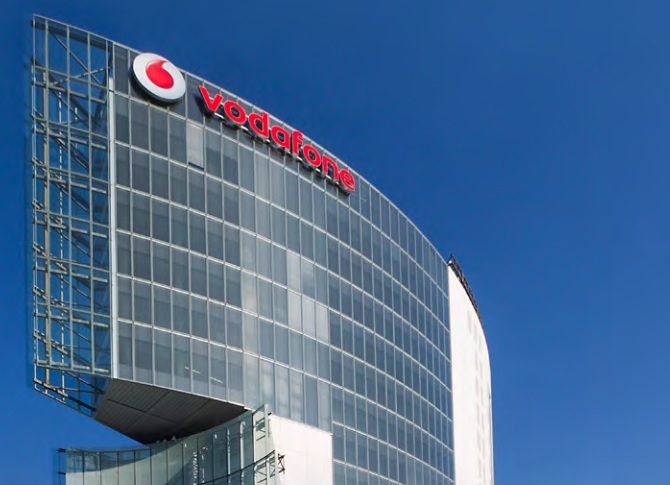Vodafone will seek to ramp up its energy efficiency measures both within the company and among its customers after revealing its greenhouse gas (GhG) emissions and energy consumption increased over the past year.
According to the company’s latest Sustainable Business Report, emissions rose by 4% in 2015/16 as a consequence of a 6% rise in energy use. The worldwide communications firm has therefore announced that during the current year it will conduct a strategic review of its approach to energy consumption and efficiency.
Naming energy innovation as one of its main priorities over the coming year, Vodafone’s report outlines the company’s plans to maximise deployment of initiatives such as cooling, smart meters and dynamic thermal management.
It will also examine how to increase the proportion of energy sourced from renewable sources, including consideration of options to deploy solar energy on more or its sites but only in a “cost effective way.”
The company has already installed a number of solar arrays around the world, having installed systems at 329 base stations during 2015-16, bringing the total to 1,814. It is preparing to deploy solar PV in Germany and Turkey with other local markets to follow in the near future.
Other measures include reassessing how the company procures off-grid power across its local markets to increase security of supply over the long term and, where feasible, to accelerate its transition to low or zero-carbon energy sources.
The company will also continue to work towards the emissions goal it set in 2015, which will see Vodafone help its customers reduce GhG emissions by two tonnes for every tonne the firm generates from its own operations. This has been set for March 2018 and the company says it is well on track to do so.
The challenge posed by these targets is considerable as Vodafone operates in more than 4,000 buildings worldwide as well as base stations and data centres, employing 107,000 employees. It currently spends more than £700 million a year on energy, representing around 6% of total annual operating expenditure – around double the amount spent on technology research and development.
In order to address this cost, Vodafone has already installed a range of energy efficiency measures worldwide including air cooling technology to reduce the energy requirements of air conditioning at its base stations. Vodafone hopes to install this technology at 216,000 of its base stations, reducing energy requirements by 2,000-3,500 kWh per year per site.
According to the report, the global ICT industry will account for around 1.97% of total global greenhouse gas emissions by 2030, comparable to the aviation industry.
“There is therefore a pressing need for communications companies such as Vodafone to develop innovative approaches to energy consumption to mitigate the climatic consequences of rising demand for our services,” it states.






